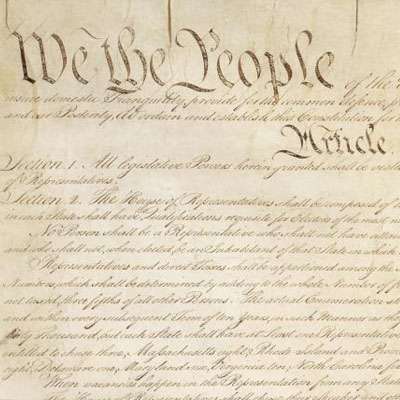Commentary
Access to information has never been easier in human history, with everything just a click away. However, along with this easy access comes a surge of misinformation that people are exposed to.
The responsibility of providing citizens with accurate and concise information amidst a constant stream of news falls on media outlets. Unfortunately, many of these outlets have been failing in this task, leading to a decline in trust from the public. In a time of polarized elections, this lack of trust can have dangerous consequences as citizens struggle to make informed decisions.
While some level of bias in media is not new, the blurring line between news and opinion has made it difficult for people to distinguish between the two. This confusion erodes trust and leads to disengagement.
The decline in resources for traditional media outlets, such as newspapers, has led to a decrease in quality and an increase in bias. With fewer staff members creating content, biases are more evident, further fueling mistrust among consumers.
Although new independent media organizations are emerging, it can be challenging for consumers to determine which sources are reliable. Some may appear credible but have hidden agendas, while others may struggle to attract audiences despite offering quality content.
The shift towards sensationalism over factual reporting is tempting for media outlets seeking clicks and views. This shift, driven by financial constraints, neglects important but less attention-grabbing issues.
Government interventions, such as subsidies and market controls, have helped some outlets survive but have also raised concerns about their independence. Subsidized outlets may be less inclined to criticize the government, further eroding public trust.
Allowing the media industry to develop organically through subscription services rather than government subsidies can foster trust and independence. Consumers will gravitate towards outlets they trust, leading to improved quality and accountability in journalism.
With open competition and less government involvement, media outlets have the potential to evolve and provide principled news coverage to citizens. This evolution is crucial, especially in the lead-up to an election year where accurate coverage is essential.
Views expressed in this article are opinions of the author and do not necessarily reflect the views of The Epoch Times.
Please rewrite the following sentence: “The dog ran quickly through the park.”
Source link





